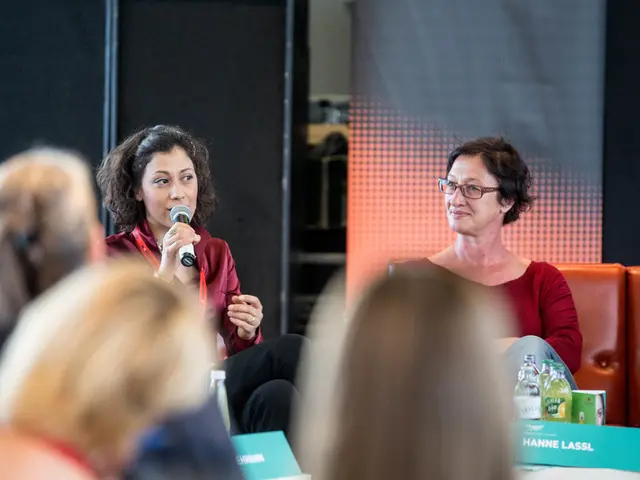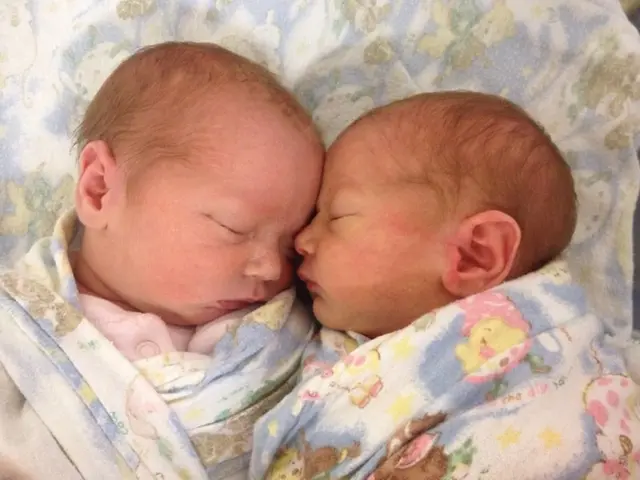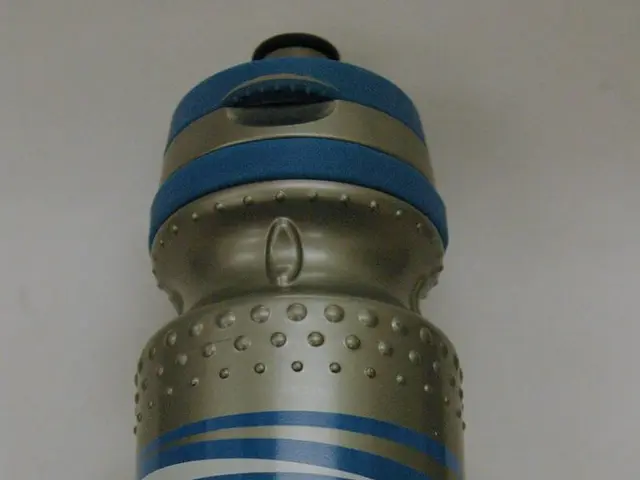Ex-Detainees Expose Brutal Conditions of Saudi "Ladies' Dormitories"
Saudi Arabia's "Women's Care Homes": Former Inmates Expose Brutal Reality
Former residents of Saudi Arabia's Dar al-Reaya facilities have shared harrowing accounts of the severe conditions inside these state-run institutions, which are intended for the rehabilitation of women who have allegedly disobeyed their families or authorities. The British "Guardian" has compiled reports over the past six months from women who were held in these facilities.
Officially, these facilities claim to provide care for women who have been rejected by their families due to disobedience, extra-marital relationships, or leaving home. However, interviews with former inmates reveal a different truth – one of physical, psychological, and emotional abuse.
One young Saudi woman who managed to escape to exile described her experience as "hell." Another, known as Layla in the Guardian, committed after filing a police complaint about abuse by her father and brothers, spoke of being abandoned for years without any means of escape except for a male guardian, marriage, or suicide.
Sarah Al-Yahia, a Saudi women's rights activist and founder of the "Saudi Feminist White-Ribbon Movement," summed up the situation: "It's a prison, not a care home, as they like to call it." Women are referred to by numbers, whipped for infractions such as not praying or being alone with another woman, and accused of being lesbian if they don't pray or are caught alone.
Anonymous victims have described isolation, humiliation, and dehumanization. Women are not allowed to leave without permission from a male guardian and are often subjected to strip searches and virginity tests upon arrival. The Dar al-Reaya homes, established in the 1960s, function like prisons for women under 30.
Human rights groups have raised concerns over the use of these facilities as instruments of gender control. ALQST, a human rights group, described them as "state instruments for enforcing gender norms" that are "in stark contrast to Saudi authorities' narrative of empowering women." Activists have called for the facilities' closure and the establishment of genuine safe havens that protect, rather than punish, women who have experienced abuse.
The Saudi government has denied all allegations, stating that women can "leave the facilities at any time" and "do not need the consent of a guardian." However, the testimonies from former inmates and activists contradict this claim.
Exact figures on the number of women imprisoned or the total number of inmates are not available. Human Rights Watch has been documenting the dire conditions in these facilities for years. In 2020, Middle East expert Rothna Begum told "Business Insider": "The guards keep a notebook where they record if the inmates are on their period, because then they're not allowed to read or pray. It's controlled."
Community policy needs to be implemented to address the severe conditions and human rights violations in Saudi Arabia's Dar al-Reaya facilities, intended for the rehabilitation of women. Transparent science-based health-and-wellness policies should be established to prioritize the mental and physical health of these women, particularly focusing on the improvement of women's health and protecting survivors of domestic abuse. Officially, these facilities claim to provide care; however, interviews with former inmates reveal a system built on physical, psychological, and emotional abuse that significantly undermines any notion of rehabilitation.








